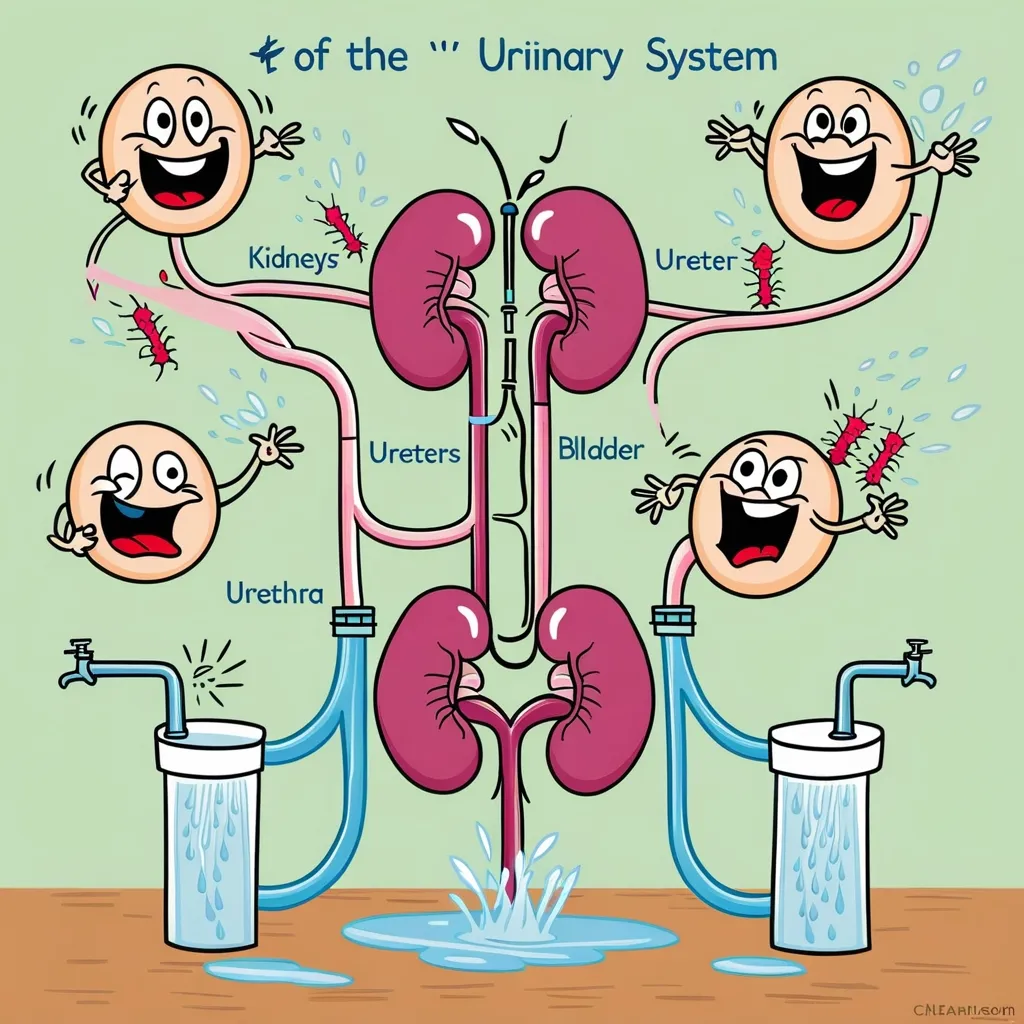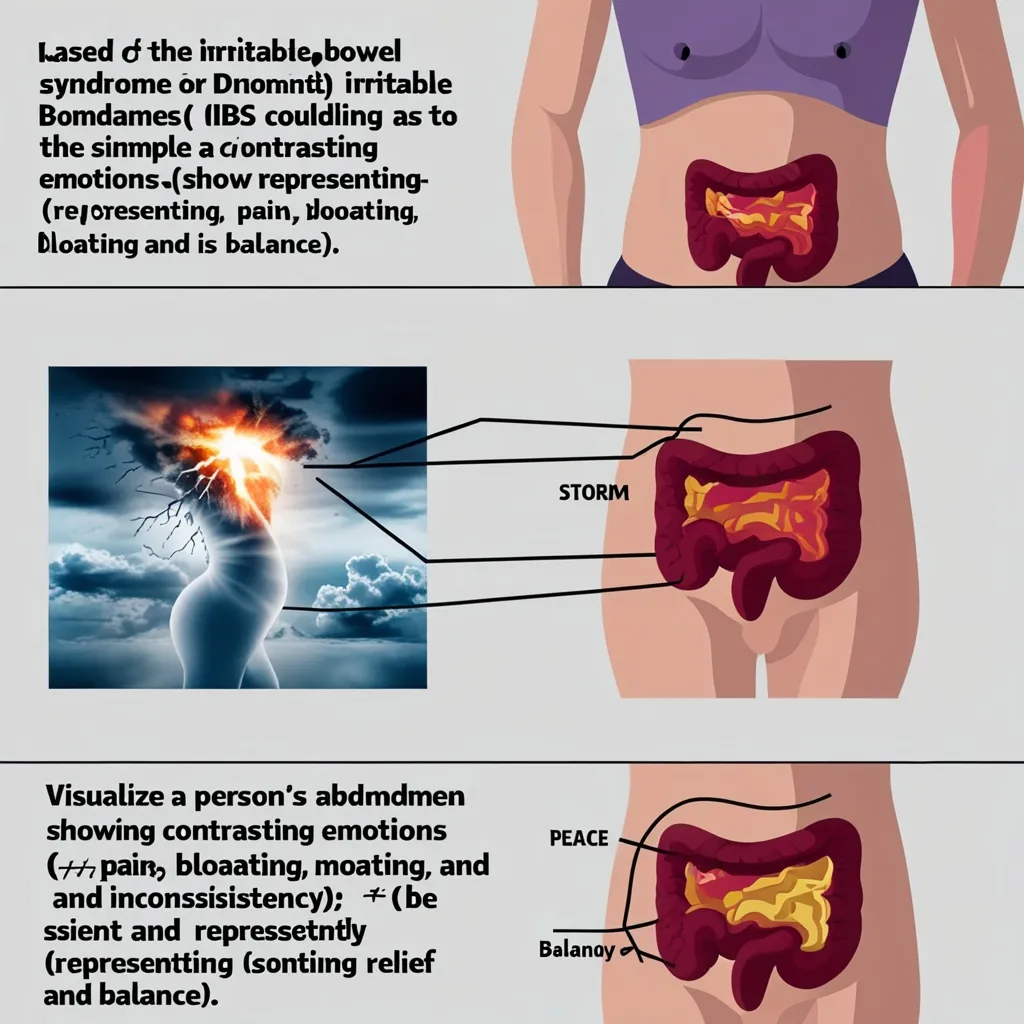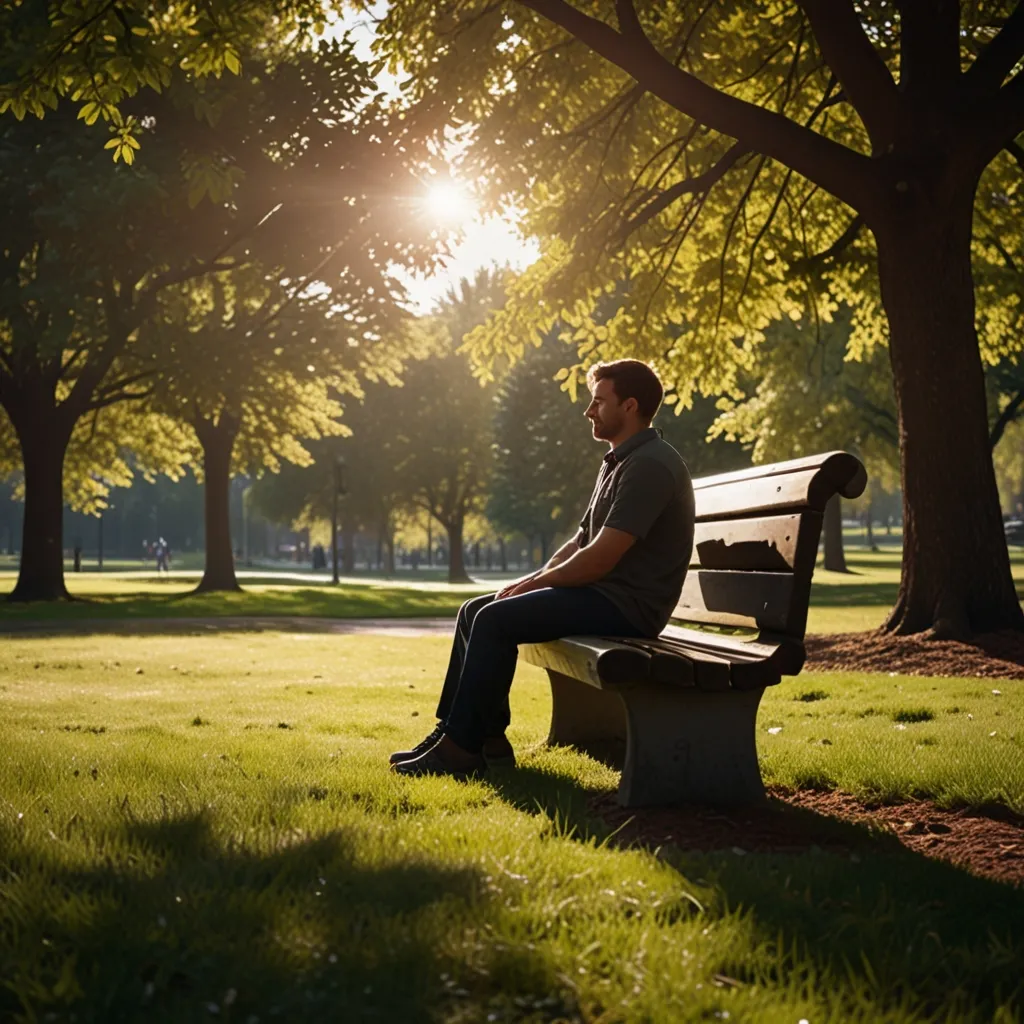Naturopathy is like stepping into a refreshing lifestyle that puts the spotlight on how important a balanced diet, clean water, sunshine, exercise, and managing stress really are. It’s all about taking a holistic look at our health, aiming to teach us how to take charge of our well-being and steer away from sickness.
Getting yourself a professional naturopath isn’t like picking a random name out of a hat. These folks have really done their homework. Many hold an advanced diploma in fields like naturopathy or health science and are often part of professional bodies that keep the standards high. They’ve usually got degrees and adhere to strict codes of practice and ethics. If you’re looking to find one, those professional associations often have directories you can tap into.
Once you decide to visit a naturopath, it’s pretty comprehensive. They dive into your diet, lifestyle, family health history, and even your environment. Additionally, they ask about any health complaints you’ve had. The toolbox of a naturopath includes things like kinesiology, iridology, blood tests, stool and urine analysis, hair tests, and other types of functional health tests to get a full picture of your overall health.
When it comes to supporting your health, naturopaths are versatile. They give dietary advice focused on whole, fresh, and minimally processed foods to help your body run smoothly and avoid toxic build-up. They might use herbal medicine and homeopathy to tap into your body’s natural healing vibes. Hydrotherapy—think hot and cold compresses—can assist in regulating blood flow and body heat, while physical approaches like massages, Bowen therapy, acupressure, biompuncture, or mechanotherapy are also on the menu. Beyond the physical, techniques like kinesiology and integrated bio-dynamics (IBD), along with counseling for stress and emotional health, play a big role.
Don’t confuse naturopathy as a cure for specific illnesses—it’s more of a complementary therapy. You can still see your regular doctor, especially for serious or chronic issues. Some naturopaths might suggest fasting, but definitely do this under the guidance of both your doctor and your naturopath to avoid any mishaps.
Naturopathy has deep roots going back to the early 20th century with Benedict Lust being one of the key founders. He highlighted living in sync with “nature’s laws,” which altered how folks think about health. There’s been a long-standing focus on self-control and the idea that individual discipline and moderation are critical for staying healthy. This philosophy has carried through to today, planting the seeds for what many now see as a “natural” lifestyle.
In today’s world, naturopathy still holds a pivotal spot, especially when it comes to advising on diet and lifestyle. Though dietitians are the go-to pros for nutrition advice, naturopaths can also provide valuable insights. They often blend evidence-based dietary advice with natural health products, though it’s always a good idea to scrutinize their recommendations since not all products are necessary or proven effective.
Naturopathy offers a comprehensive way to look at health, stitching together various natural therapies and putting a heavy emphasis on personal responsibility. It’s a practice that doesn’t just aim to fix health issues but rather supports the body’s natural healing mechanisms to promote overall wellness and balance. If you’re looking to dive into a more natural, holistic way of living, naturopathy might just be the path worth exploring.






